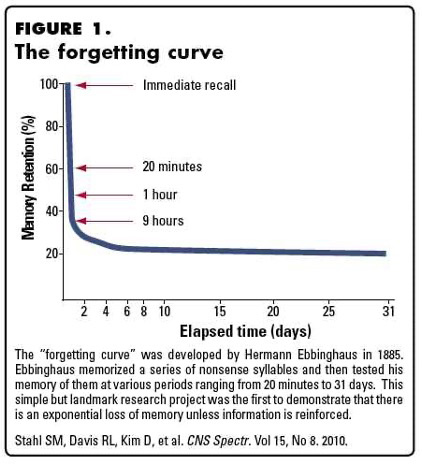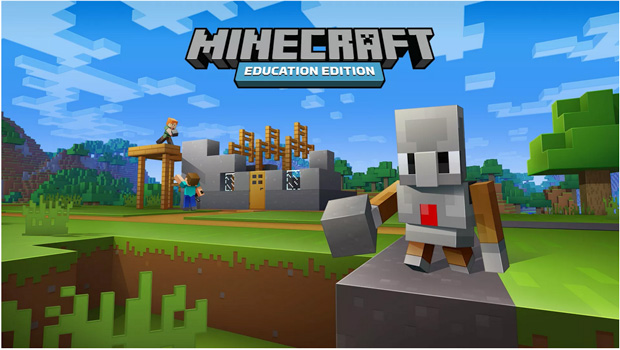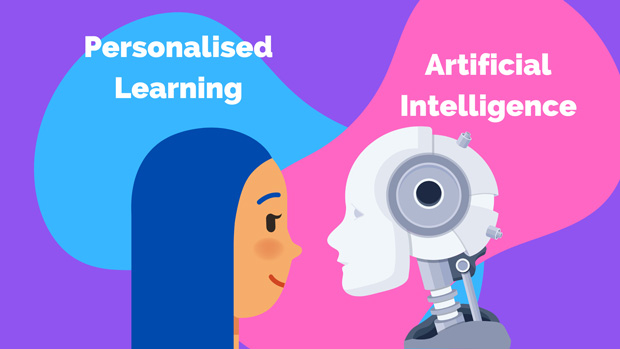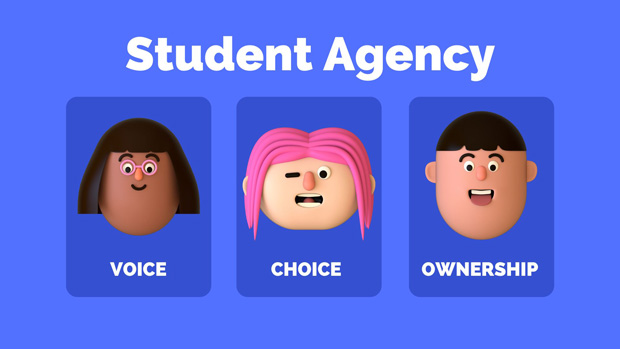YES or NO!
AMAZING
AI Super Tutor
BiG SURPRISE!
BIG SURPRISE About Technology!
One of the biggest surprises of 2022-2023 for me, is how schools are still lagging behind in the use of technology to boost learning.
And also, still doing insanely time-consuming marking and programming and assessing, when digital solutions are possible.
Persuading teachers that technology is a good use of their kids’ time, and programming the use of technology so that it ensures it is,
has been quite a difficult task.
After quite some time thinking about this problem, here are some of my questions and answers so far.
1. Can Digital Technology Apps and AI tools solve Bloom’s Two-Sigma Problem?
Simple answer YES!

Benjamin Bloom’s 1984 paper showed how one-on-one tutoring led to a two-sigma (the average student performing 2 standard deviations (sigma) above the average) improvement in student learning. He showed that improved learning is possible. However, we cannot possibly give every student a personal instructor,
OR can we?
It’s way too expensive. Right!
BUT digital tutors offer the answer.
In 2014 a paper published by IDA(Institute for Defence Analysis) for The United States Navy called “Accelerating Development of Expertise: A Digital Tutor for Navy Technical Training”, showed how effective digital tutoring is for explicit training. Using an app, recruits were given a 16 weeks training course and reached the same level of knowledge as those with five years of experience.
That study was almost a decade ago. Modern technology, AI and Apps can actually solve Bloom’s two-sigma problem as well as lowering the cost of education, improving engagement and motivation.
Check out what Kahn Academy is doing and revel in the possibilities.
2. Can Digital Technology Apps and AI tools put a dent in the forgetting curve?
Simple answer YES!

Spaced repetition has long been a favourite of education departments and is embedded in most curricula.
Reviewing the same information repeatedly can be a pretty boring process, however, apps and AI offer a SOLUTION.
If we embed the idea into Apps that are easy and fun to use, we can increase the spaced repetition almost invisibly.
3. Can digital technology make tests better?
Simple answer YES!

Tests can be DROPPED altogether.
Data from apps can be used to track student learning.
Time taken in testing is not teaching.
Many schools do a pretest in week 1 of a term and an assessment test in week 10, leaving only 8 weeks for teaching instead of 10.
No kid comes to school because they love tests.
4. Can learning apps be fun?
Simple answer YES!

Learning apps improve learning and scale well. The problem is many of them are boring and fact-based.
However, game-based apps can provide explicit learning in reading, maths, geography and history and problem-solving.
Best of all kids receive immediate feedback and on-the-spot tuition.
There is no problem with focus as kids who are playing games are totally absorbed.
We need more games in education.
What are these good for? – For learning basic skills that require repetition and reinforcement. For providing ongoing assessment of student progress. As well as for developing imagination, tinkering skills, creativity, persistence, thinking, problem-solving, and resilience.
5. Can we use Apps and AI to build a learner profile for each student, and help them learn faster?
Simple answer YES!

Apps make it easy to build datasets for learning.
It is possible for every kid to have their own learning profile.
Students could access the data to see their own learner profiles.
For teachers, gaps in student learning would be easier to see.
Leading to a personalised experience for each student.
6. Can Digital Technology provide student agency as well as cover the essentials?
Simple answer YES!

Never before have we had SUCH ACCESS to information.
Kids can research and learn about anything they want to.
There are videos and information on every possible topic.
In this age of the internet, information is easily accessed and the drive to self-educate should be the educational goal.
Unfortunately, most schools train students to be compliant rather than curious.
Students are not encouraged to follow their own interests and passions at school, but to follow the herd in both content and pace. Being a docile passive student is the outcome.
Using apps to cover essentials like mathematics, reading, and writing can make fundamentals fun and provide detailed data to assess learning.
No kid should see learning as boring EVER.
7. Can kids love school, without hurting learning outcomes?
Simple answer YES!

When they have agency and choose the things they love to do. When, what they do matters to them.
When they have an audience of more than one person for their work.
When they are curious and excited about learning.
The majority of students are disengaged by the final years of Primary school. School should be Absolutely Splendid.
I learn the most from creative inspiring projects, projects I want to learn about, topics I chose to work on, and tasks I struggled with and had to figure stuff out for myself
AND SO DO KIDS.
Bored students learn less!
References
1.The 2 Sigma Problem: The Search for Methods of Group Instruction as Effective as One-to-One Tutoring
Benjamin S. Bloom Educational Researcher, Vol. 13, No. 6. (Jun. - Jul., 1984), pp. 4-16.
2. INSTITUTE FOR DEFENSE ANALYSES Accelerating Development of Expertise: A Digital Tutor for Navy Technical Training J. D. Fletcher John E. Morrison November 2014 Approved for public release; distribution is unlimited. IDA Document D-5358 Log: H 14-001221
221123
© Cathy Brown 1998 - 2025 © All images & Videos Cathy Brown Located in Sydney NSW Australia all rights reserved.
No unauthorised reproduction without written permission. Webmaster & Designer - Cathy L. Brown
Virtual Teacher is committed to ensuring that our AI systems & assistants are used responsibly & ethically. Our AI is designed to support educators & students by providing personalized learning experiences, enhancing engagement & promoting understanding. We prioritize the safety, privacy, & security of our users, ensuring that our AI tools operate transparently & align with the best practices in the industry.
The NSW AI AssessmentFramework requires self assessment to deterimin Determine whether your system / project should use the AIAF. All AI projects used by Virtual TEacher are Low Risk or No Risk applications. Check out the Risk Evaluation page attached.


